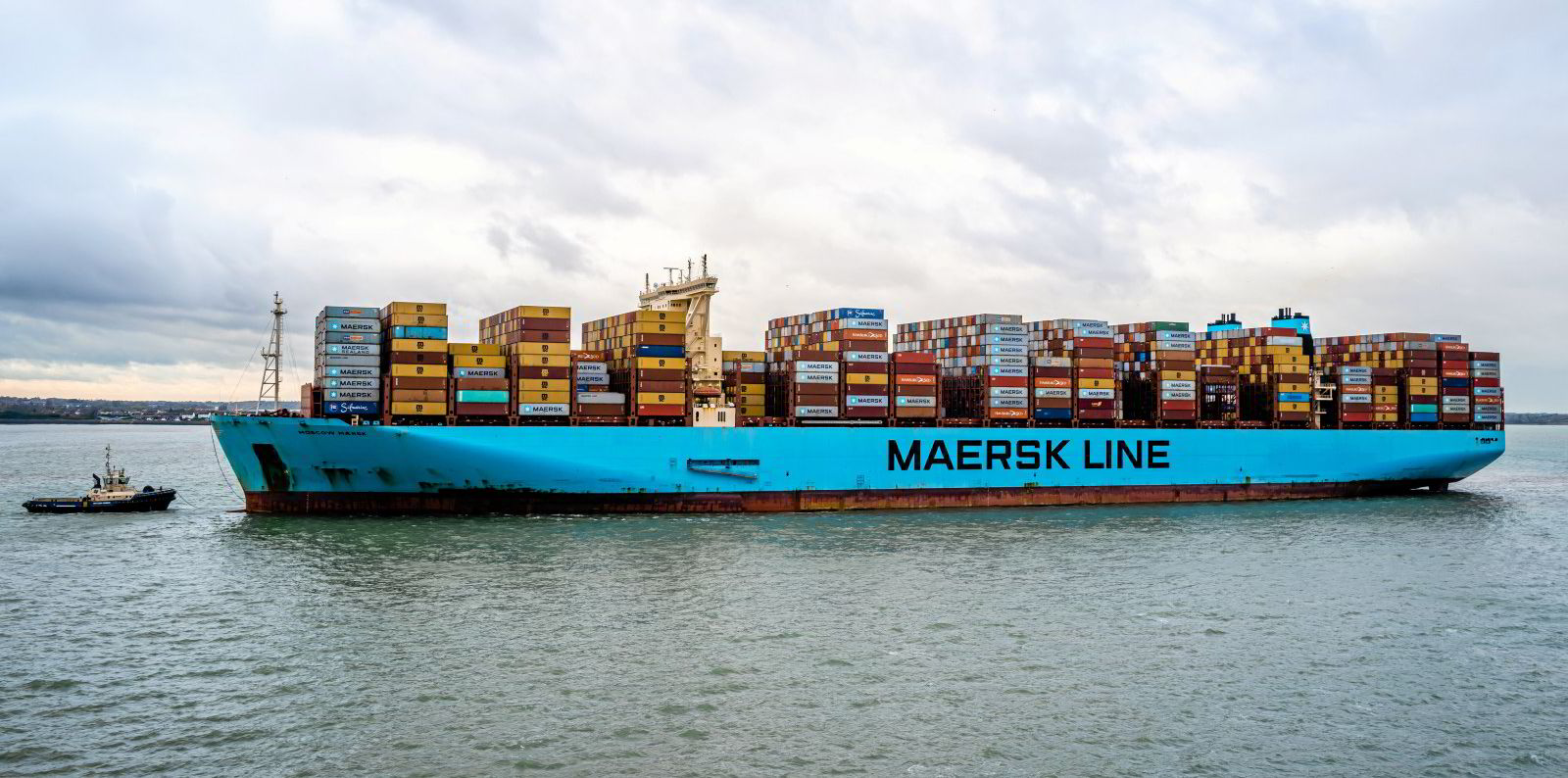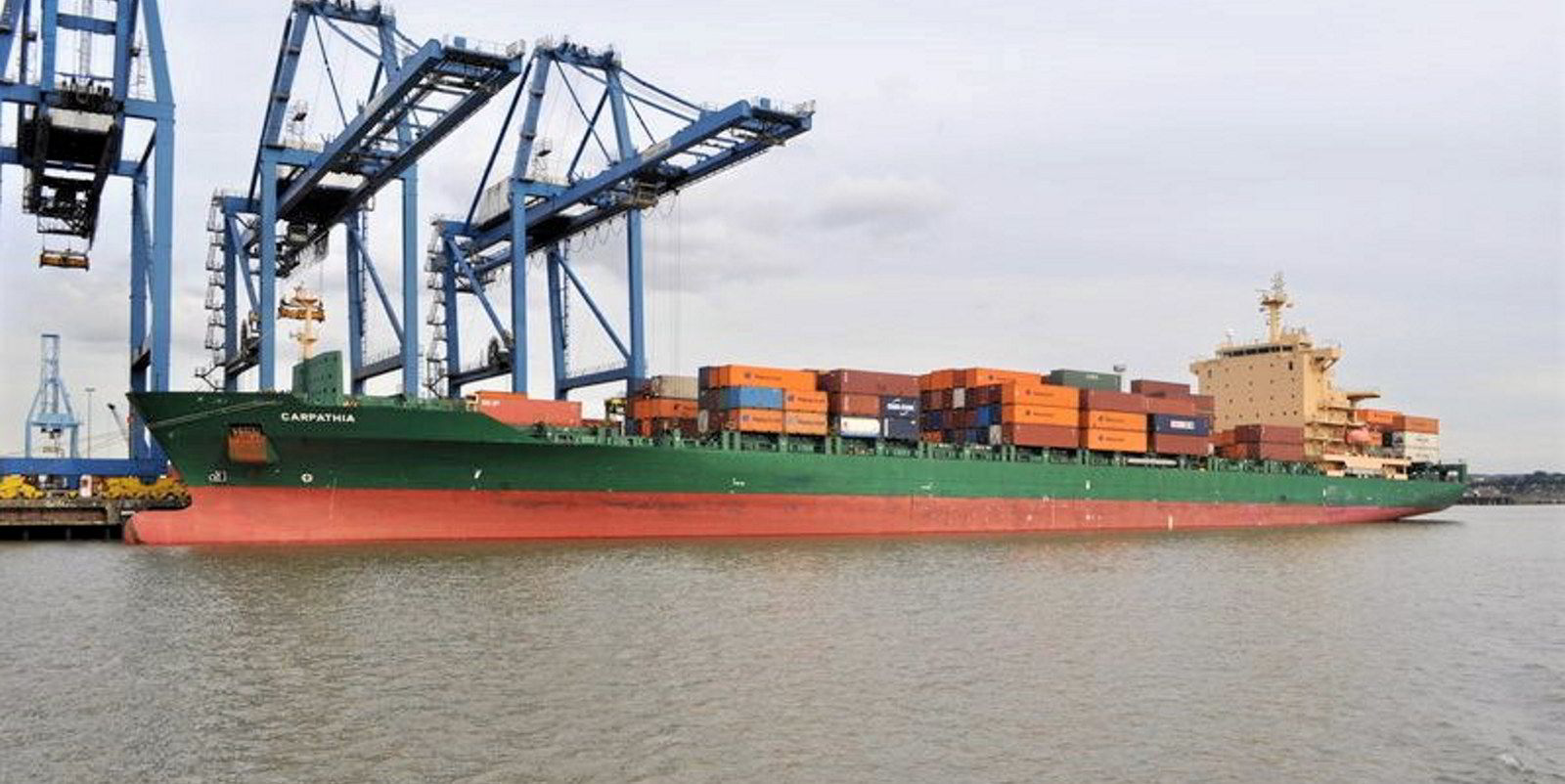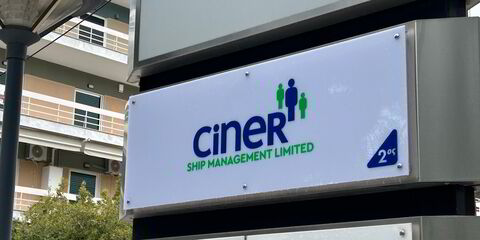Container lines basking in record levels of profit are storing up trouble for themselves, according to one cargo owner.
Writing in Investment Monitor, Martin Kaspar, head of corporate development at German pipe maker Frankische Rohrwerke Gebr Kirchner, said these all-time high earnings will contribute to the demise of what he called an “oligarchy” of shipowners.
“Shipping companies made huge profits in 2021, but their conduct in this time will only harbour resentment in the coming years,” he writes.
Lines point to higher-than-expected demand due to a rush for products after the Covid-19 shutdowns, and to logistical problems caused by closed Chinese ports due to renewed Covid outbreaks.
“That this is — at best — only a part of the truth, and that the price explosion of shipping rates isn’t merely on account of a lack of containers, becomes apparent when looking at the quarterly results published by shipping companies,” Kaspar added.
Owners such as AP Moller-Maersk have seen earnings jump nearly fivefold from 2020.
“There is nothing wrong with earning a decent return on invested capital, especially as these companies and their shareholders are also shouldering a risk. But the excessive profits of the shipping industry these days have little to do with hard work and taking risks,” Kasper writes.
He believes part of the problem for shippers has been an unprecedented concentration in the market due to mergers and acquisitions.
Cosco has taken over Orient Overseas Container Line, Hapag-Lloyd swallowed United Arab Shipping Co and Maersk acquired Hamburg Sud, while the big three Japanese owners pooled their boxships in the Ocean Network Express venture.
The remaining players operate in three large alliances that have a market share of more than 80%.
“We have arrived in an oligopolistic market, with all the outcomes one might expect,” Kasper said.
“With these shipping companies ruthlessly squeezing supply chains, and demand for shipping capacity being what it is, there is little chance that freight rates will come down significantly over the next year,” he argued.
The boom is leading to significantly higher end-user prices, fanning the flames of inflation further, the executive believes.
“And the avaricious behaviour of some is now even threatening to jeopardise, or at the very least delay, the global economic recovery, and thus jobs and the livelihoods of millions of people,” he writes.
Kasper believes national and international competition authorities are doing “relatively little” about the situation.
“While it is arguably difficult to address such behavioural patterns, given that shipping companies are famous for playing countries off against one another, flagging their ships wherever they get the best deal, the situation has become too grave to be ignored any longer,” he argues.
And he warns: “Having arguably overplayed their hand, shipping companies ought to or will face fundamental headwinds.”
The first is the potential for regulators to step in, addressing competition exemptions for alliances.
“Without regulatory pressure, shipping companies have little incentive to change their currently enormously profitable behaviour,” Kaspar writes.
A big change coming?
Then there will be pressure to lower emissions. And Kaspar also foresees a rethink of supply chains and a major transformation of global trade.
Over time, fewer and fewer goods will be imported from Asia, but instead manufactured closer to home, drastically cutting freight volumes, he said.
“When shipping companies come calling for bailouts and financial help on account of higher costs to ‘green their industry’ or cope with collapsing demand, governments would be well advised to remember [their] conduct in 2020 and 2021,” he concluded.
“Taxpayers — private and corporate — might object to bailing those out who have fleeced them so ruthlessly,” he added.(Copyright)





